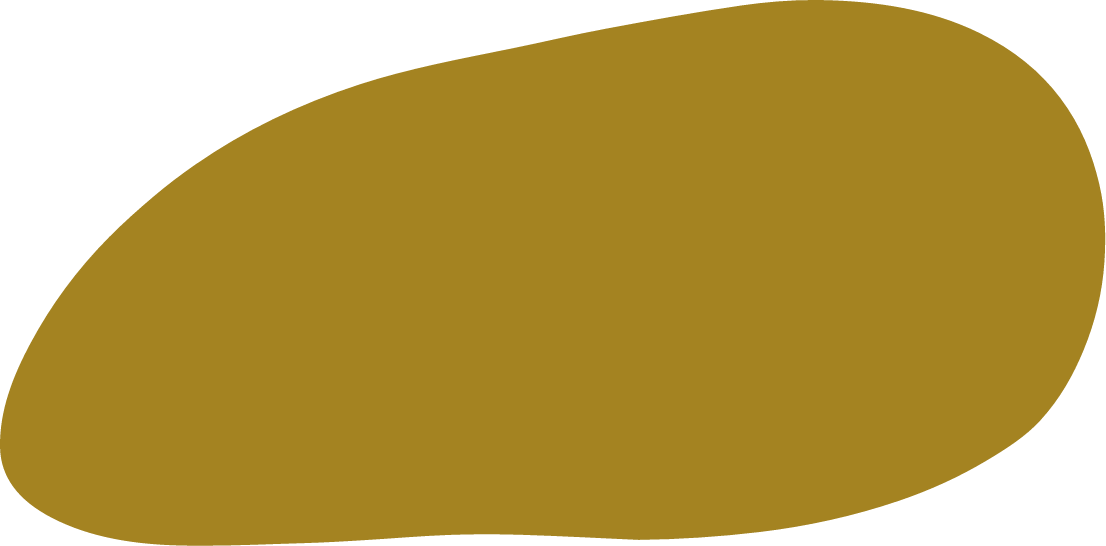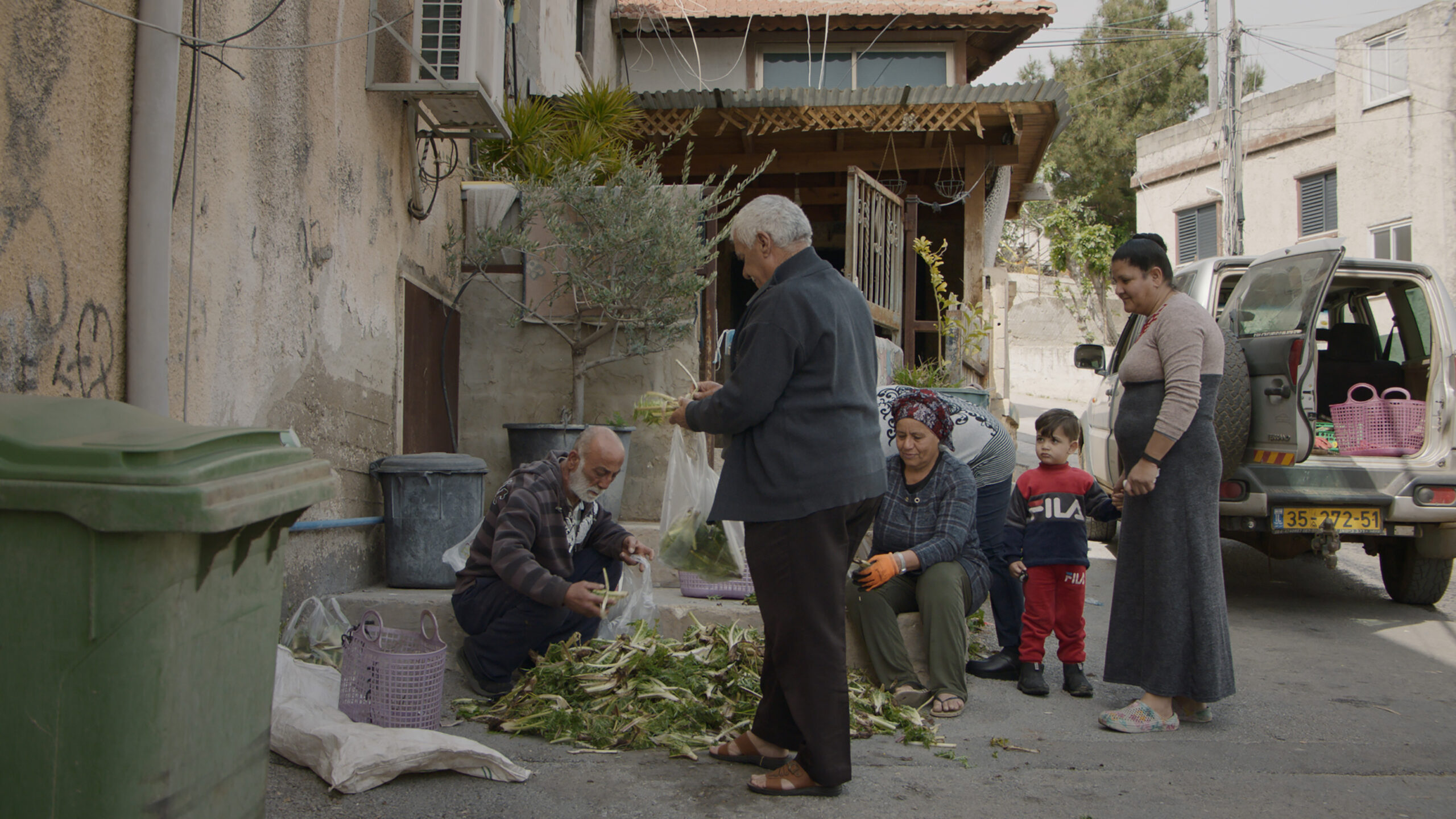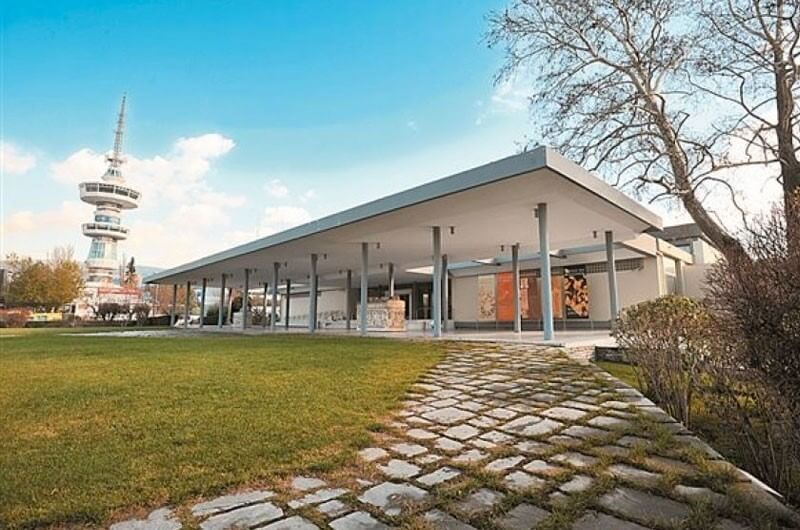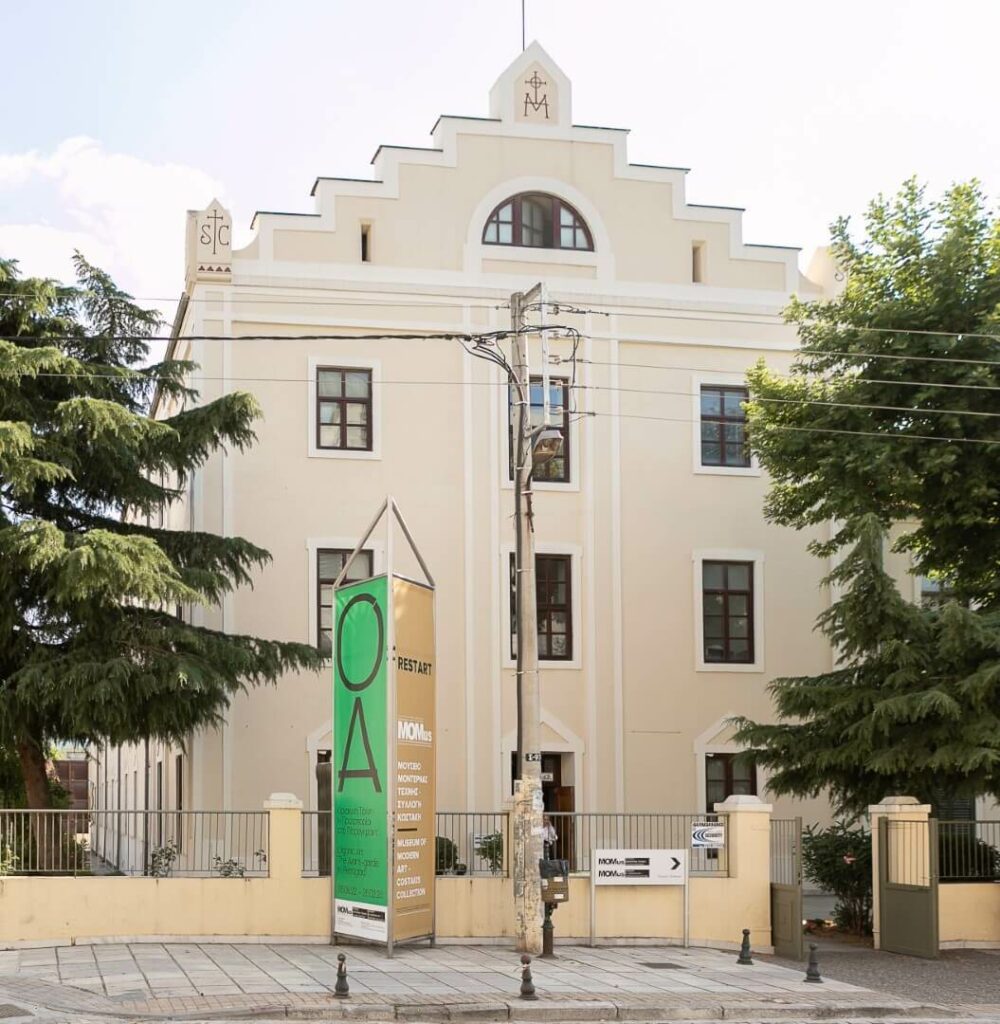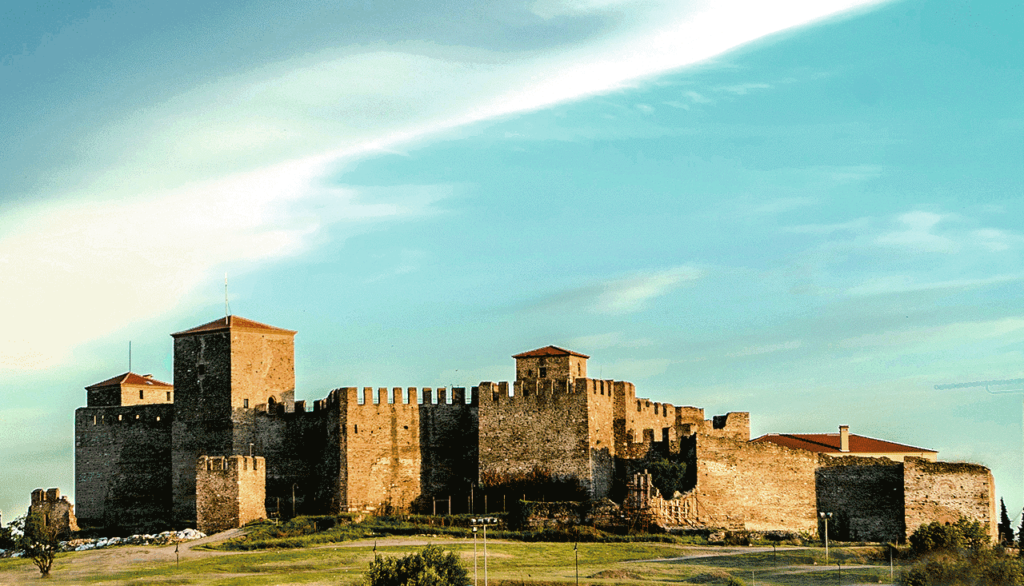Screening “Foragers” by Jumana Manna
Saturday, March 04 2023, 18:00
Venue: Olympion cinema*
“Foragers” film by Jumana Manna depicts the dramas around the practice of foraging for wild edible plants in Palestine/Israel with wry humor and a meditative pace. Shot in the Golan Heights, the Galilee and Jerusalem, it employs fiction, documentary and archival footage to portray the impact of Israeli nature protection laws on these customs.
Gleaning for wild edible plants in “Foragers” (66’) becomes a form of resistance. “Foragers” venture into the landscape of the Golan Heights, in Galilee and Jerusalem, where Israeli protection laws prohibit the collection of the artichoke-like akkoub and za’atar (thyme) and have resulted in fines and trials for hundreds of people caught collecting these native plants. For Palestinians, these laws constitute an ecological veil for legislation that further alienates them from their land while Israeli state representatives insist on their scientific expertise and duty to protect nature. Following the plants from the wild to the kitchen, from the chases between the foragers and the nature patrols, to courtroom defenses, Foragers captures the inherited love, joy, and knowledge of these traditions, alongside their resilience to legal prohibitions. By reframing the terms and constraints of preservation, the film raises questions around the politics of extinction, namely who determines what is made extinct, and what getsto live on.
The screening is taking place in the frame of the “Being as Communion” main exhibition of the 8th Thessaloniki Biennale of Contemporary Art, in collaboration with the 25th Thessaloniki International Documentary Festival
*Free admission by issuing zero-value ticket at the Festival’s box office.



